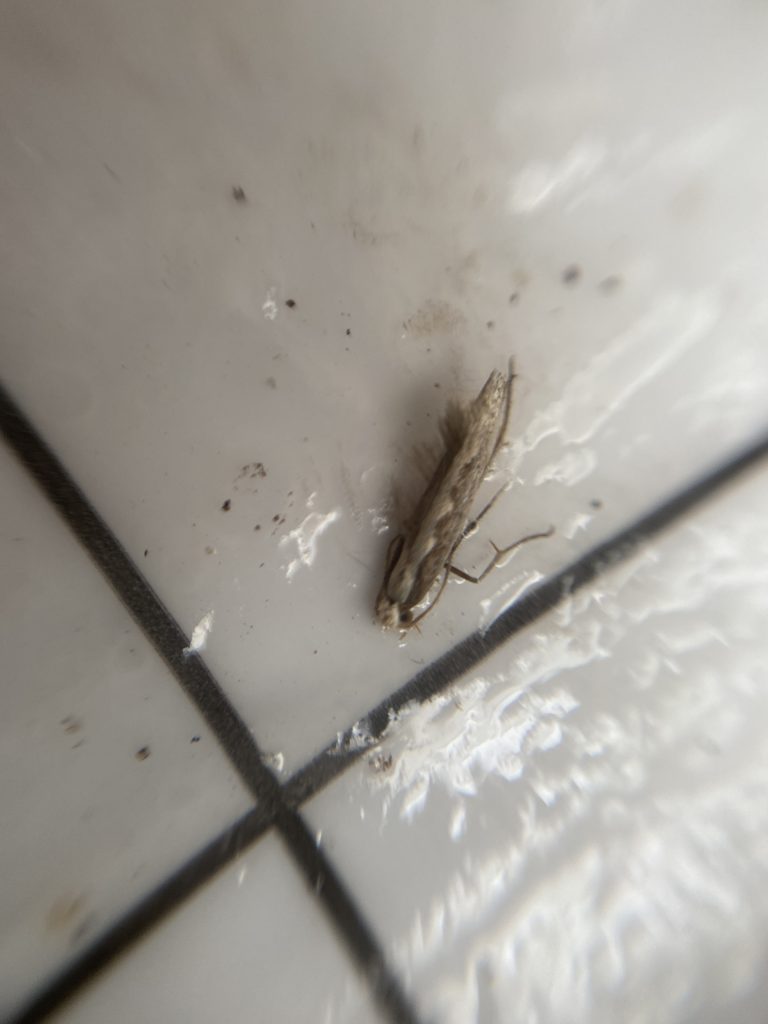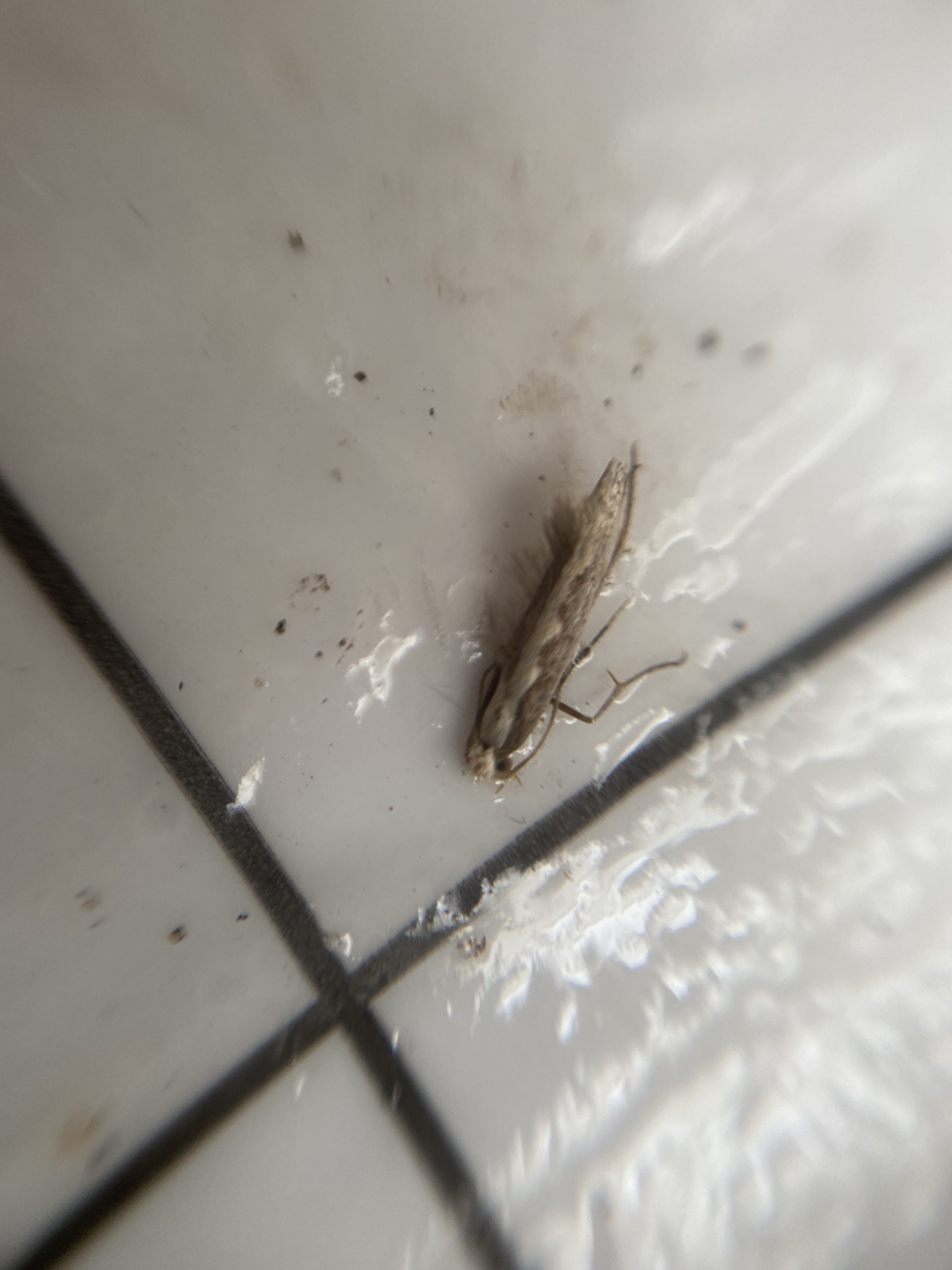


Diamondback Moth Surveillance
Survey of the Summer/Autumn Brassica Refuges for Diamondback Moth in the Western Region to Predict Early Season Risk of Infestation.
Key Messages:
- Diamondback moths (DBM) can reproduce extremely fast, and monitoring will ensure effective support for farmers to manage DBM in canola crops.
- Facey Group is helping to assess the role of a Brassica green bridge on DBM presence and the impact on winter/spring populations.
- 4 Sites within the Facey Group catchment are being monitored between June and December 2023.
Project Summary:
Diamondback moth (DBM) has unpredictable population dynamics with its timing and distribution difficult to determine. DBM can reproduce extremely fast (i.e. life cycle of about 2 weeks in warm spring temperatures), hence the explosive outbreak potential that has been seen some years in WA. To improve prompt and effective decision support for growers to manage DBM in canola crops, surveillance is being conducted throughout the five WA port zones. We aim to determine the Brassica hosts which may be present during summer and autumn and assess whether these hosts are providing a DBM reservoir bridging between growing seasons.
As part of a GRDC-funded project, staff from DPIRD, Facey Group, Liebe Group, Mingenew Irwin Group, South East Agronomy Services, and West Midlands Group identified and mapped DBM larvae in the March green bridge plants, specifically wild Brassicas (e.g., wild radish) and volunteer canola. Pheromone moth traps were then set up at sites where we found brassica plants and moths and caterpillars monitored until late October to get a better idea of their spatial distribution.
Acknowledgments
This research is a co-investment by DPIRD and GRDC, project DAW1905-010RTX, Survey of the Summer/Autumn Brassica Refuges for Diamondback Moth in the Western Region to Predict Early Season Risk of Infestation.
Further Information
Project Start Date: June 2023
Project End Date: December 2023
Project Funding: GRDC and DPIRD
Project Lead: DPRID
Project Collaborators: Facey Group, The Liebe Group, Mingenew Irwin Group, South East Agronomy Services and West Midlands Group






